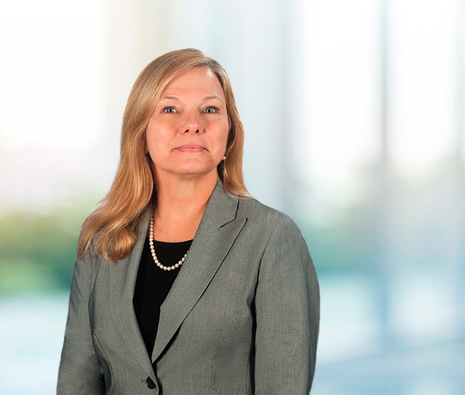Reconsideration of Interlocutory Orders
A district court may revise “any order or other decision…that adjudicates fewer than all the claims or the rights and liabilities of fewer than all the parties…at any time before the entry of a judgment adjudicating all the claims and all the parties’ rights and liabilities” Fed. R. Civ. P. 54(b).
A district court may revise “any order or other decision…that adjudicates fewer than all the claims or the rights and liabilities of fewer than all the parties…at any time before the entry of a judgment adjudicating all the claims and all the parties’ rights and liabilities” Fed. R. Civ. P. 54(b). Thus, Rule 54(b) governs reconsideration of interlocutory orders, such as one denying summary judgment. The United States District Court recently addressed both the discretion afforded and limitations imposed by Rule 54(b) in the context of a breach of contract and bad faith action. Ethel Powell v. State Farm Fire and Casualty Company, 2018 WL 2268007 (May 16, 2018).
In Powell, an action for breach of contract and bad faith failure to pay underinsured motorist benefits, the court initially denied State Farm’s motion for summary judgment on both claims, and Plaintiff’s motion for partial summary judgment on the breach of contract claim. The action was most recently before the court on the parties’ motions to reconsider the court’s earlier order, pursuant to Rule 54(b).
Relying on a recent Fourth Circuit decision,[1] the court addressed the flexibility to revise interlocutory orders before final judgment, as new facts or arguments surface during the course of litigation. While broader than the discretion allowed relative to motions to reconsider final judgments under Rule 59(e), the discretion is not inexhaustible. The law-of-the-case doctrine provides when a court decides upon a rule of law, such decision should continue to control the same issues in later phases of that case. A court may revise an interlocutory ruling under the same conditions pursuant to which it may depart from the law of the case: (1) a subsequent trial resulting in substantially different evidence; (2) a change in applicable law; or (3) clear error resulting in manifest injustice. This approach diverges from the Rule 59(e) standard by allowing for different evidence presented during the course of litigation as opposed to new evidence not available at trial.
Originally, the court denied Plaintiff’s motion for summary judgment, as to her breach of contract claim, concluding a jury could make a reasonable inference there was no additional insurance policy created by virtue of an oral binder. State Farm, seeking reconsideration of its motion for summary judgment relied upon that finding and argued if a jury could reasonably reach that conclusion, it could not be bad faith for State Farm to reach the same conclusion. Rejecting State Farm’s argument, the court emphasized that its decision did not constitute a finding, as a matter of law, that State Farm acted reasonably in concluding no fourth policy existed; it simply determined there was a question of fact whether a contract existed.
Seeking reconsideration of her motion for summary judgment on the breach of contract claim, Plaintiff argued several points of law were not addressed in the court’s prior order denying her motion. Likewise rejecting Plaintiff’s argument, the court pointed out that while brief, it addressed Plaintiff’s arguments in two footnotes of its prior order.
A court’s interlocutory rulings are the law of the case. Because neither Plaintiff nor Defendant produced substantially different evidence in support of their Rule 54(b) motions and because there was no change in applicable law and no showing of clear error resulting in manifest injustice as to either party, both parties’ Rule 54(b) motions were denied.
When analyzing motions for reconsideration of interlocutory rulings, remain mindful the rulings, while interlocutory, constitute the law of the case and Rule 54(b) provides for revision thereof only upon the production new facts or arguments as the case progresses, or upon a change in law or an error resulting in manifest injustice.
[1] Carlson v. Boston Sci. Corp. 846 F.3d 320 (4th Cir. 2017)
Cheryl D. Shoun is a trial attorney and certified mediator whose experience includes construction law, insurance defense, personal injury defense, employment litigation and medical malpractice. As a frequent writer, she serves as editor for Nexsen Pruet's TIPS: Torts, Insurance and Products Blog.
About Maynard Nexsen
Maynard Nexsen is a full-service law firm with more than 550 attorneys in 24 offices from coast to coast across the United States. Maynard Nexsen formed in 2023 when two successful, client-centered firms combined to form a powerful national team. Maynard Nexsen’s list of clients spans a wide range of industry sectors and includes both public and private companies.
Related Capabilities







